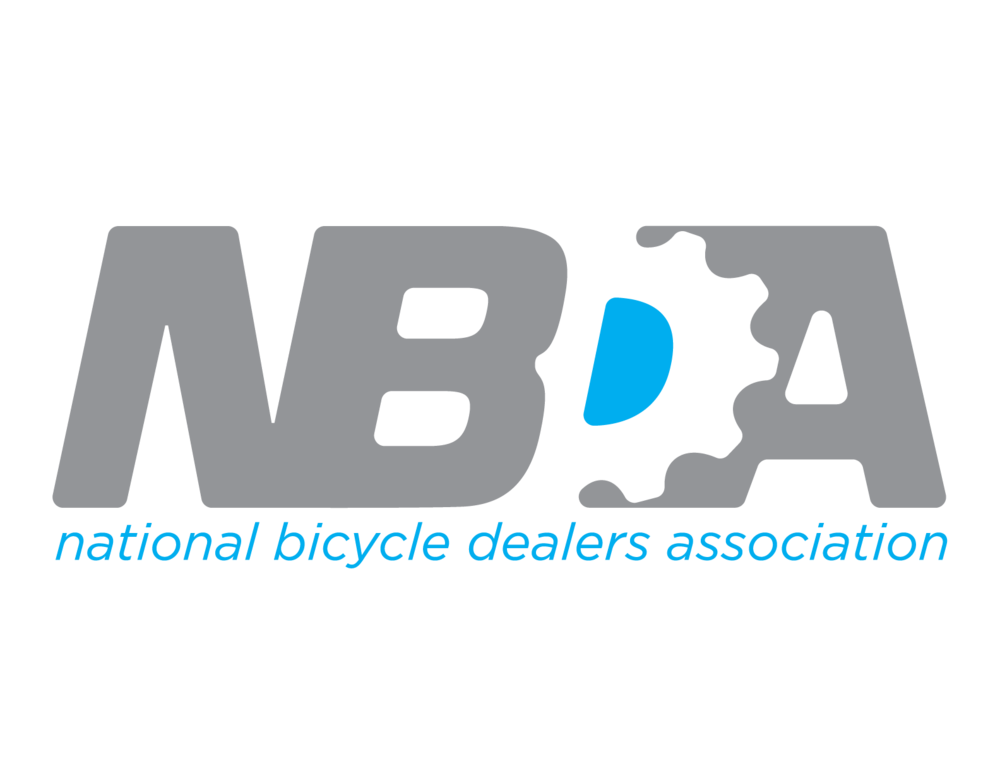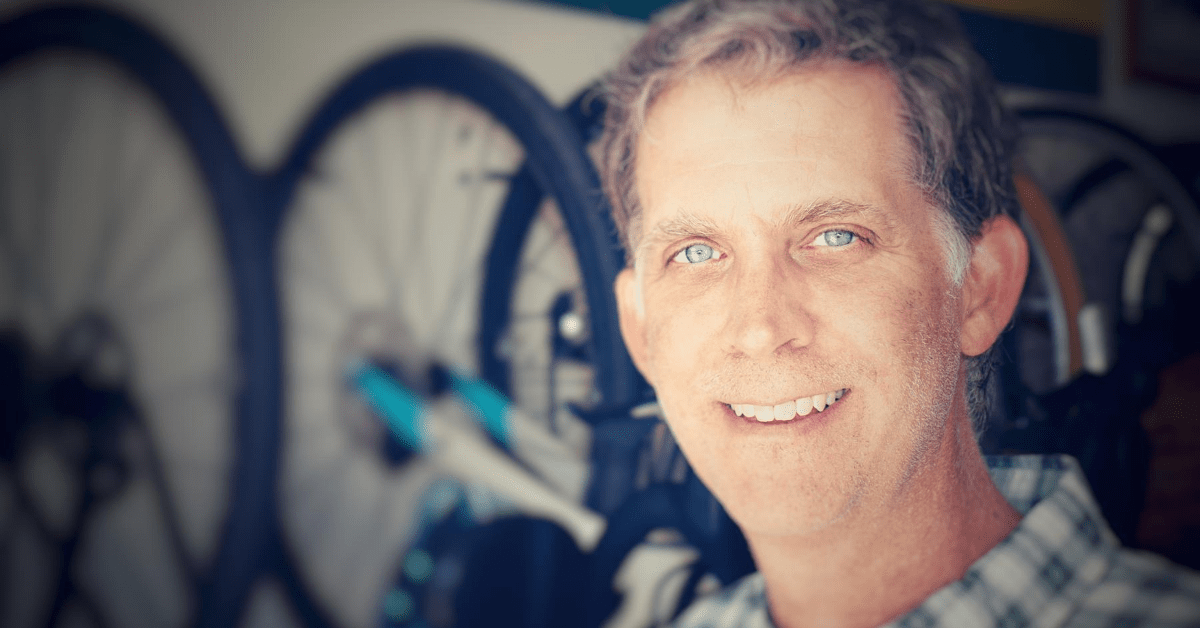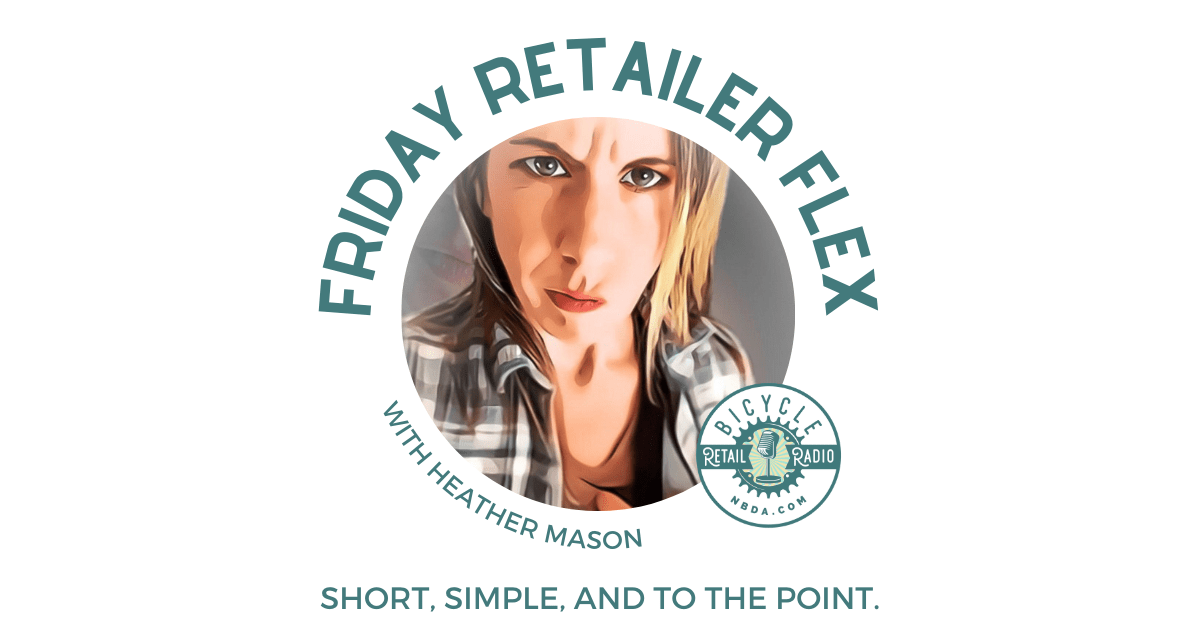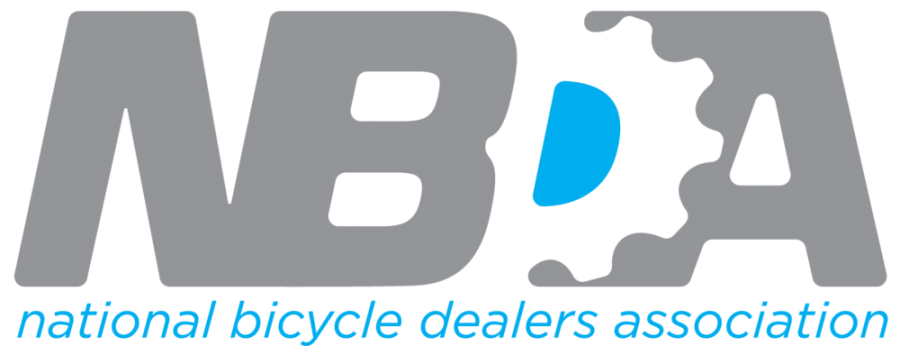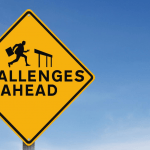Evaluating and Choosing a Location: How to Run a Profitable Bike Shop
Ever wonder how to run a profitable bike shop?
Learning how to run a profitable bike shop takes effort, but is well worth it and it starts with evaluating and choosing a location. Most bicycle retail stores’ second most significant expense behind payroll is occupancy expenses. As a percentage of gross sales, the target for all combined occupancy expenses is generally around 10%, preferably less. But even just a few percentage points can add up to substantial dollars. I always think that using an example to paint a picture is compelling. If you have an “average” size store of 1M in annual sales, a 2% occupancy expense reduction, invested in a mutual fund monthly over ten years, would put over $300,000 into that account with a relatively modest 8% return. It could also help you buy inventory, pay down debt, and a host of other things.
Mistakes Retailers Make when evaluating and choosing a location…
A mistake many retailers may make is to have either too big or too expensive of a retail location. As commercial property prices tend to rise over time, if you can find a spot to purchase, you are permanently locking in the expense, and building equity. Without going to much further into it, if you can afford to buy, it usually makes sense. If you cannot purchase a building, then be very careful spending too much on your lease.
How much space do you need?
The amount of square footage is a figure you can extrapolate as a number based on sales per square foot of selling space. This number can vary greatly, but if you begin to tickle close to $400 per selling square foot, you start to exploit each square foot to a reasonable degree. What is selling square feet exactly? It is simply the retail floor space. You will have restrooms, storage, the repair shop, and perhaps some office space. Somewhere around 30-35% of your area will be dedicated to supporting space. Let’s take an average size store of $1M in sales, with an average sales per square foot of $325.How much space do you need? About 3100 square feet of selling space or about a roughly 5000 square foot total size store. There are so many variables based on regional rents that some areas will allow for more space and others far less, which can add significant variance to the sales per square foot equation. Still, one major caveat to going with too much space, even if it’s relatively affordable, is the tendency to want to fill the space, which can wreak havoc on your inventory dollars you are carrying, and subsequent turns. You may need to go quite small in areas with high rents and be creative with your selling space while looking for less expensive and innovative ways of storing inventory. Personally, it seems prudent to burst at the seems and outgrow a location versus having to grow into it, which is a significant risk. Remember, the number of arriving at 5,000 square feet is a middle of the road number. Bigger and you risk needing too much inventory and smaller means you will work harder, which is not a bad thing. Smaller equals more turns and more affordable, and that is where the profits are found.
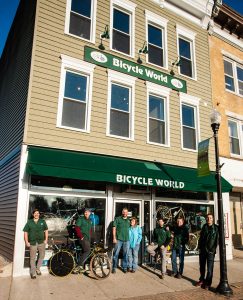
In real estate, the saying has always been Location, Location, Location.
Everyone, of course, wants to be in the A+ Location. The problem is that you have to pay for those locations. Perhaps being a solid B gets you close enough to the action. Bicycle retail stores are generally destination businesses and do not require you to be in the absolute best areas. It may be a hindrance at times to be in too big of a shopping area and get lost in the crowd. Test riding bikes is also a real consideration, along with the ability to rent bikes if you want to tap into that market. Having managed or owned retail bicycle businesses in at least 7 locations over my career, I can say without hesitation that being where people are riding can be a huge benefit. It s tough to quantify, but I can say that when we moved our bicycle shop from a strip mall to a freestanding store on a bike path, sales increased pretty quickly.
So what do you do?
Big store for the wow factor, along with an A+ location? Maybe that will work for you, but I would urge caution in going too big or too pricey. It would be better to build up to that commitment, particularly if you start a new business. On the other hand, you can go small and conservative, but too small and conservative may cost you some potential. The answer, like many things, lies somewhere in finding the right balance. I offered a formula above to use as an example. Figure in your local variables in expenses, metered with your risk assessment, and then analyze the demographics to try and get the best possible Location. Add in the potential to ride nearby, if for nothing more than to take a quick spin to clear your head during hectic days racking up big sales.
Other Articles in this series
